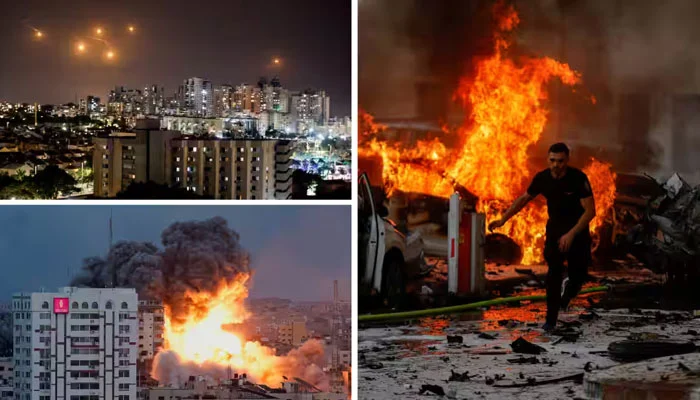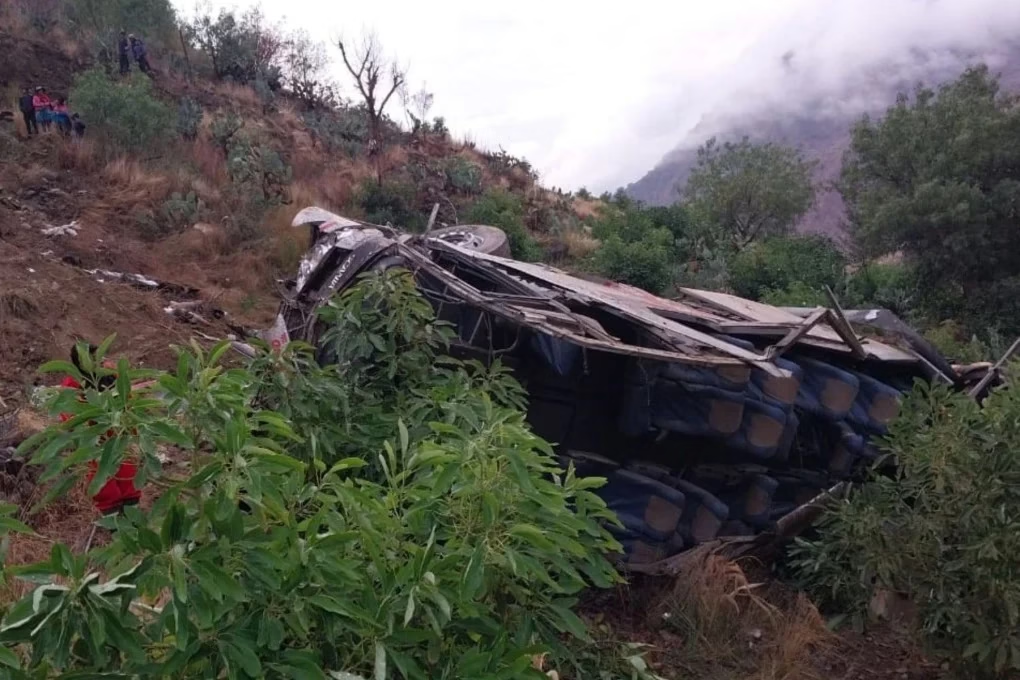In the midst of escalating violence, Hamas militants continued their relentless assault on Israel for the second consecutive day, targeting eight southern cities in the region. The attacks have resulted in a staggering number of casualties among Israelis, with over 700 Zionists killed, including several military officers and police personnel. Additionally, more than 2,000 Israelis have sustained injuries as a result of the attacks. In a show of support, the United States dispatched its naval assets, including warships and squadrons of fighter jets, to aid Israel in the conflict zone.
U.S. Secretary of Defense Lloyd Austin reaffirmed American commitment by stating that Israel would receive additional military supplies. Simultaneously, Washington announced plans to increase its own military presence in the region, indicating a deepening involvement in the ongoing crisis. The situation at the Israeli-Lebanese border has also intensified, with clashes erupting between Israeli forces and Hezbollah, the Lebanese militant group, further complicating the volatile situation.
Tragically, the conflict’s toll on the Palestinian side has been devastating. The number of Palestinians killed in the Israeli airstrikes in Gaza has risen to 415, with more than 2,300 sustaining injuries. The strikes have targeted mosques, hospitals, and residential buildings, leaving a trail of destruction. Israel’s airstrikes have resulted in the collapse of numerous multi-story buildings, turning them into rubble.
Hamas has claimed responsibility for the attacks, asserting that they have carried out bombings on over 800 Israeli positions in Gaza. The military wing of Hamas, known as the Al-Qassam Brigades, revealed that their operatives are engaged in fierce battles within several Israeli cities, including Ofakim, Sderot, Yad Mordechai, Kfar Aza, Be’er Wasted, and Kisufim. Furthermore, Hamas has sent reinforcements to various regions, intensifying the conflict.
The Israeli military spokesman, Daniel Higari, acknowledged the presence of Hamas fighters within Israel’s borders. Faced with significant resistance, Israelis have begun evacuating from various cities, signifying the growing fear among the Jewish population. Several countries, including France, have suspended flights to Tel Aviv due to the heightened risk at the airport.
Amidst the chaos, Israel has sought assistance from Egypt, Qatar, and Saudi Arabia for the release of Israeli captives held by Hamas. In exchange, Hamas and Islamic Jihad have demanded the release of Palestinian prisoners in Israeli jails, escalating the stakes of the conflict.
The situation remains fluid, with both sides engaged in an intense struggle, further deepening the humanitarian crisis in the region. As the conflict enters a critical phase, international efforts to broker a ceasefire and facilitate meaningful dialogue are urgently needed to prevent further loss of life and restore peace to the region.



